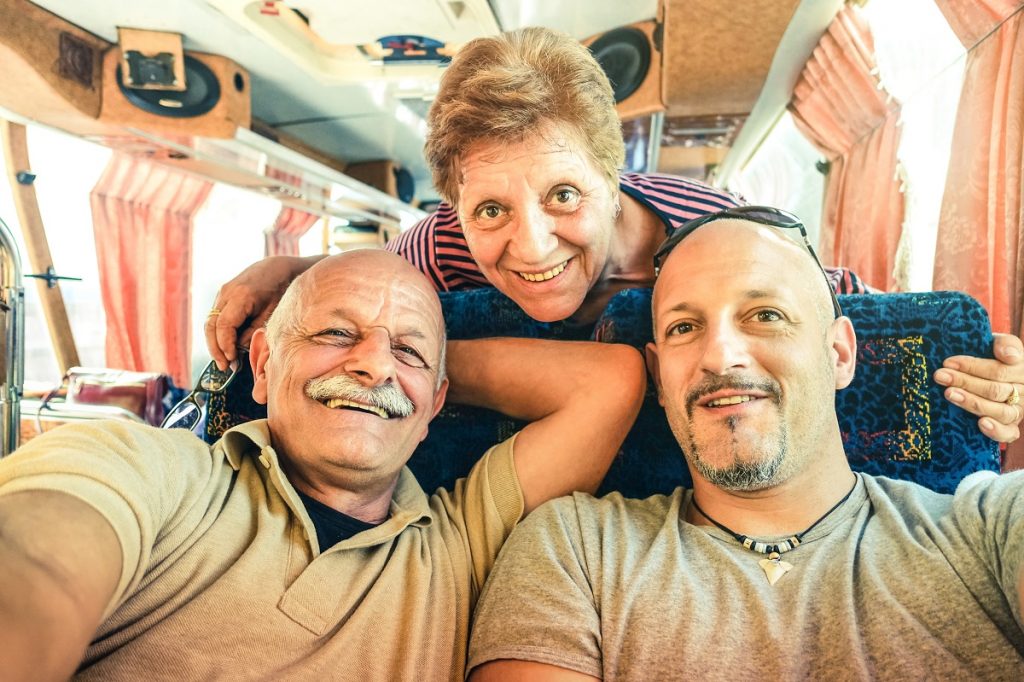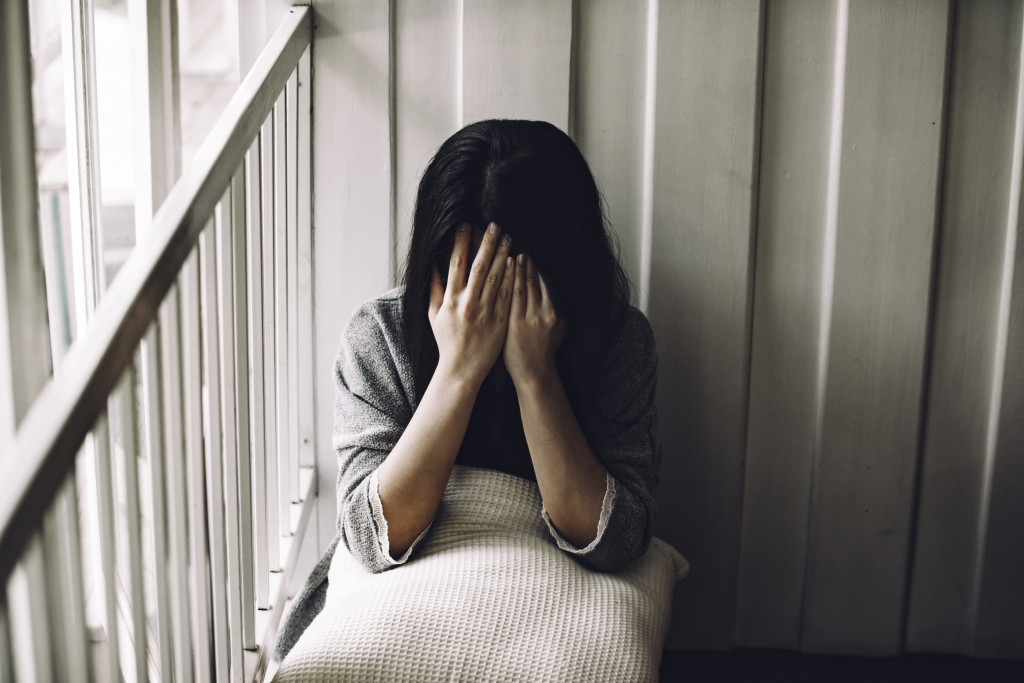- Take it slow and be patient so you don’t become overwhelmed with social engagements.
- Focus on physical health by exercising regularly, eating a balanced diet, and getting enough rest.
- Set realistic expectations for yourself, as transitioning to everyday life may take time.
- Prioritize your mental health by acknowledging your feelings, maintaining a routine, setting boundaries, and practicing self-care.
Many people have been living in a state of uncertainty for the past year due to the pandemic. Your daily routines and usual ways of life have been disrupted, and the future may still seem uncertain.
But with vaccines being distributed, many are looking forward to returning to a sense of normalcy. However, it might not be the easiest or smoothest transition. Here’s how you can return to your everyday life after the pandemic, including tips for your mental health, physical health, and overall well-being.
Take it slow
It’s important to remember that returning to “normal” won’t happen overnight. You’ve likely spent a lot of time inside, away from social activity, and it’s natural to feel apprehensive about resuming your old routine. Start small and take it one step at a time. Begin with small social outings, like lunch with a friend, to get comfortable with being around people again. Gradually work your way up to bigger gatherings and events.
Moreover, don’t forget to be kind and patient with yourself. The pandemic has taken a toll on your mental health, so it’s essential to recognize your feelings and give yourself space if you feel overwhelmed by social engagements.
Focus on physical health

Physical health also plays a vital role in your overall well-being. As we return to more social activities, it’s important to remember to prioritize your health. Exercise regularly, eat a balanced diet, and make sure you’re getting enough rest.
Sadly, though vaccines have certainly been effective in slowing the spread of COVID, it is still unfortunately possible for people to contract the virus even after vaccination. Moreover, some individuals who have had COVID continue to experience symptoms and challenges long after the initial infection subsides. This is known as “long COVID syndrome,” which can be debilitating for those affected.
Fortunately, there are available treatments for long COVID syndrome, and medical professionals are actively researching ways to help patients overcome these persistent symptoms. In the meantime, people must continue to take COVID seriously and do their part to keep each other safe.
Set realistic expectations
It’s easy to want to dive back into your old routine and social life, but it’s essential to set realistic expectations for yourself. Consider any changes that may have occurred during the pandemic, such as your employment or living arrangements.
It’s okay if your social life doesn’t immediately return to how it was before the pandemic. Adjust your expectations and remember that transitioning to everyday life may take time.
Prioritize mental health
The fear, uncertainty, and isolation brought about by the pandemic have disrupted our lives in more ways than one. Whether you’ve been personally affected by the virus or not, it’s essential to prioritize your mental health as we navigate our way toward a post-pandemic world.
Acknowledge your feelings
The first step towards prioritizing your mental health is acknowledging your feelings. Feeling overwhelmed, anxious, or stressed during these uncertain times is okay. Bottling up your feelings will only make your mental health worse. Talk to someone you trust or seek professional help if you struggle to manage your emotions.
Maintain a routine

Maintaining a routine is one of the best ways to return to your everyday life after the pandemic. With most people working from home, it’s easy to blur the lines between work and personal time. Set a schedule for yourself and stick to it. Having structure in your day can help your mental health and increase productivity.
Set boundaries
With social distancing in place, it’s hard to connect with people like we used to. While staying connected is important, it’s also essential to set boundaries. Don’t feel obligated to say yes to every virtual happy hour or Zoom meeting. Respect your limits and take the time to recharge.
Practice self-care
Self-care is crucial for maintaining good mental health. Take the time to do things you enjoy, whether reading a book, watching a movie, or taking a bubble bath. Whatever it is, make sure it brings you joy and relaxation.
The Bottom Line
Returning to everyday life after the pandemic can be liberating, but it can also be a challenging transition. Be kind to yourself and take things at your own pace. Remember to prioritize your mental and physical health, set realistic expectations, and seek help if needed. With the right tools and mindset, you can successfully return to your everyday life and enjoy all it offers.





